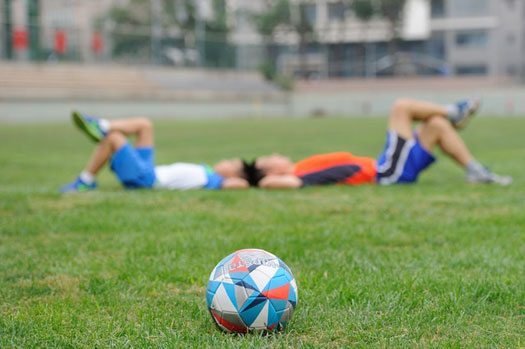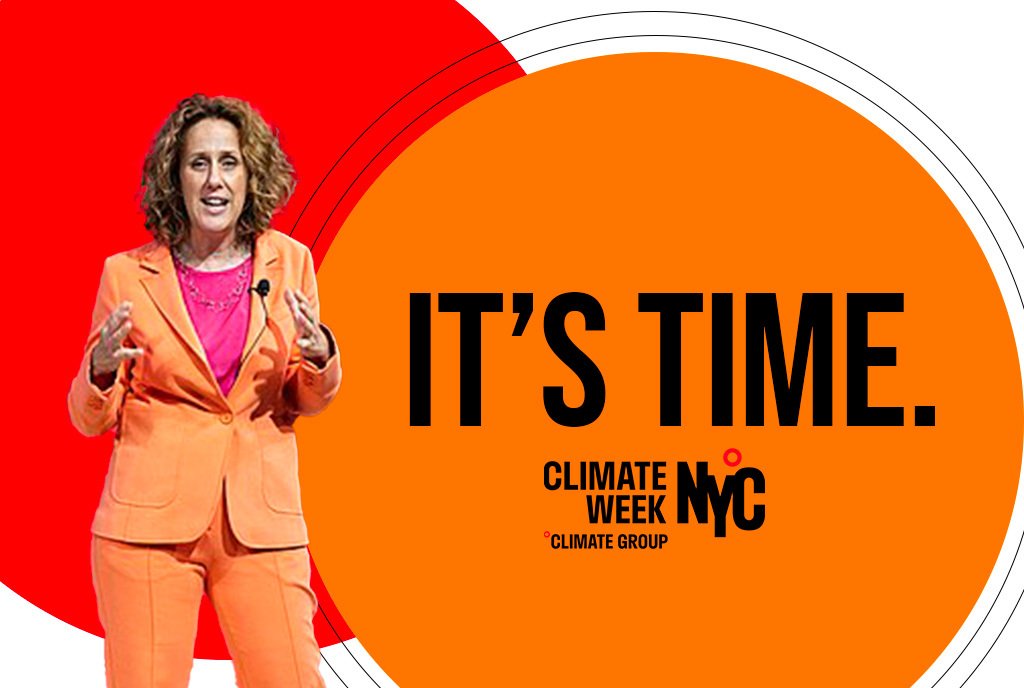
July 27, 2017; ESPN
Children coming to the United States as refugees have often experienced trauma prior to their arrival. The process of becoming a part of a new country—joining a new community, learning a new language, adapting to a new culture—should not add to that trauma, but it often does. Two programs on opposite sides of the country have found the same answer to the question of how to help these young people adapt and thrive here: soccer.
Mark Kabban knows what it’s like to start over in a new place; his family is from Lebanon. Kabban’s Yalla Academy in San Diego County is an afterschool program that includes academic tutoring and support, with a goal of college readiness, as well as a large dose of soccer.
In Clarkson, Georgia, near Atlanta, Luma Mufleh, founder of the nonprofit Fugees Family, established the Fugees Academy, the first accredited private school dedicated to refugee education in the country, which includes a summer camp, a college prep program, and, of course, soccer. Mufleh, from Jordan, is a strong advocate for those who have experienced war and prosecution in their native countries. The reason, in her own words, “I am an Arab, I am an immigrant, I am a Muslim and I am gay…And I am the daughter of a refugee.”
Soccer, the most popular sport in the world, seems to be the glue that brings young refugees together,
Academics aside, the passion that attracts most kids to Yalla is soccer. There are competitive weekday practices led by soccer director Ryan Shera, and on Sundays, pick-up games are led and run by the Yalla kids. Shera, previously a civil litigation lawyer, says he believes that giving the kids the highest quality program in their own communities allows them to be creative players and brings them back to their roots where “soccer is first” in many of the countries from where they come.
Sign up for our free newsletters
Subscribe to NPQ's newsletters to have our top stories delivered directly to your inbox.
By signing up, you agree to our privacy policy and terms of use, and to receive messages from NPQ and our partners.
Mufleh said,
Soccer is that universal language. When you have a kid that has fled their country, has had a horrible experience, comes to this strange country, the one thing they understand is soccer. It’s always been an escape for them. In the refugee camps, some of them would bundle up plastic bags to make a soccer ball so they could play. You see kids that don’t speak a word of English, who have been struggling for months. And when they come here, their faces light up when they’re on the field. For kids that were robbed of their childhood, this is one place they get to be kids again. They feel comfortable. They feel confident and happy.
In both programs, academics and college preparations are key, but soccer is the tool to engage these young people and build their confidence. For the children ages six to 18 who participate in Yalla, “soccer is a community that transcends language barriers, forming strong friendships and inspiring them to be physically active and socially responsible.” During the past four years, 88 percent of Yalla graduates have been accepted into four-year universities and have earned $5 million in academic scholarships. The Fugees Academy has a similar record of academic achievement and college acceptance. In contrast to the 20 percent graduation rate for refugee students in Georgia’s DeKalb County, the Fugees boast a 90 percent graduation rate. Students from both programs successfully participate in competitive soccer in their communities.
Luma Mufleh was honored this past year for her work with refugees as one of CNN’s top 10 heroes. This led to her being invited to give a TED Talk on her perspective on refugees in this country. That talk, entitled “Don’t Feel Sorry for Refugees, Believe in Them,” said a great deal about how she feels about her work. The same would be true for those who work with refugee youth at Yalla.
And soccer? Both programs see this competitive sport as a means to level the playing field for young people who enter this country at a disadvantage in terms of their American peers. On the soccer field, the trauma of war and loss disappears and the teamwork needed to score takes priority. The focus is achievement, on the soccer field and in academics.—Carole Levine















